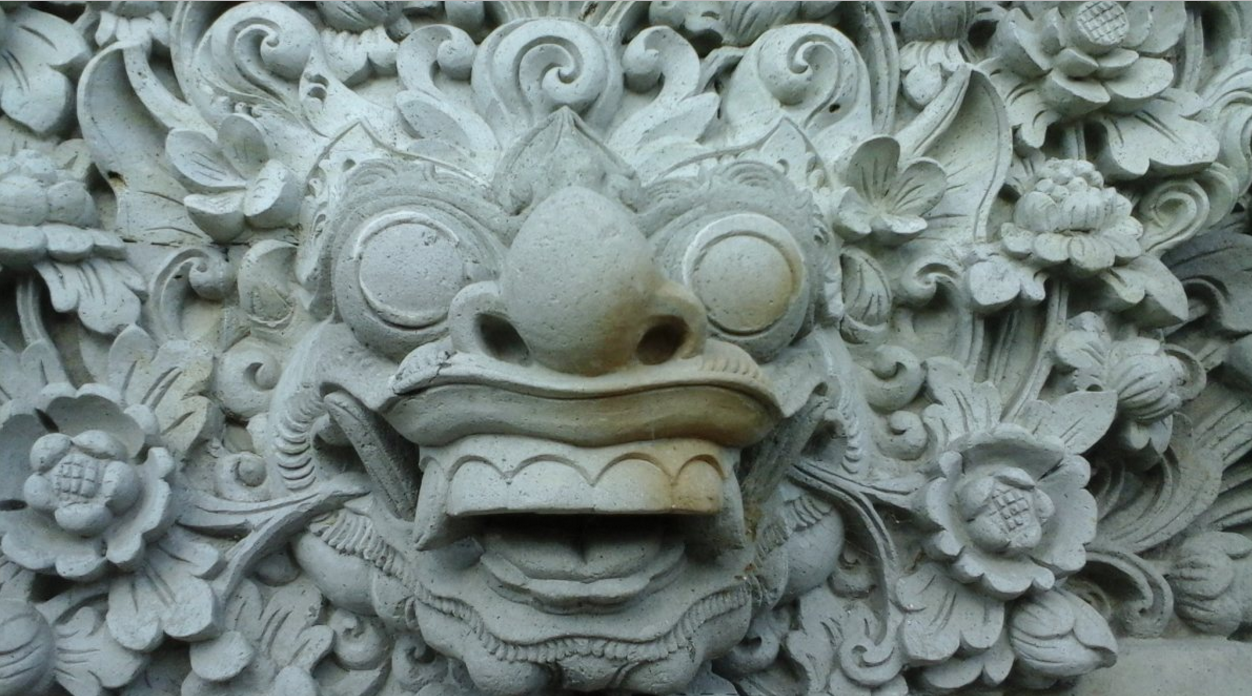
Indonesia
Capital city — Jakarta
Country population
i2017Incarceration rate (per 100,000 inhabit…
Type of government
Human Development Index
i2016/ UNDPName of authority in charge of the pris…
Total number of prisoners
Prison density
Total number of prison facilities
i2015An NPM has been established
Female prisoners
Incarcerated minors
Percentage of untried prisoners
Death penalty is abolished
The penitentiary system
Premises
There are 464 prisons in Indonesia.
Indonesian prisons are divided in two categories, based mainly on the number of prisoners:
- Class 1 prisons, the largest, are located in big provinces like Jakarta and Java.
- Class 2 prisons are located in smaller provinces and house fewer prisoners.
In theory, prisons must house inmates that commit an offense in the jurisdiction where the facility is located. In practice, Class 1 prisons usually house violent offenders and those who were sentenced to life imprisonment or death.
The Ministry of Justice and Human Rights announced, in April 2015, the construction of 49 prisons and 13 detention centers. 62 rehabilitation centers will also be constructed and should provide assistance to 100,000 prisoners convicted for drug use.
The construction of the Sentul prison is nearing completion for 2017. This new facility will be used exclusively for prisoners convicted of terrorism. The aim of the prison is to de-radicalize and centralize all those detainees now scattered all over Indonesia.
The complex of Nusa Kambangan is located in Java center, on an island known as the “island of executions”. The island is home to the Nirbhaya and Li-macbuntu execution sites. The complex is divided into seven institutions ranging from maximum security to an “open prison”, where inmates work in fields carving precious stones. The seven buildings (prisons of Besi, Batu, Kembang Kuning, Narkotik, Pasir Putih, Permisan and Terbuka) are each about 4 km apart, extending the complex 7 km wide and 30 km long.
On 10 June 2016, the Ministry of Justice and Human Rights announced the construction of a new high-security prison, on Nusa Kambangan, for “high-risk” detainees, mainly convicted for terrorism or drug-related crimes.
The Ministry annouced four other prisons, located in the same island, would be renovated to increase their housing capacity from 200 to 1,000 inmates.
Number of available places for prisoners
122,607
Staff
The Directorate General of Corrections, attached to the Indonesian Ministry of Justice and Rights, is the body responsible for organizing the execution of criminal sanctions.
The prison service is understaffed: There are 15,000 prison guards, even though the prison population gains around 1,000 new prisoners every month.
The lack of staff results in frequent riots and prison breaks.
At Kerobokan Prison, 11 guards are on duty each shift; four at the security post and one in the gateway. Five guards have to monitor 1,412 inmates in 12 cell blocks. Each block is runned by a self-proclaimed “boss”. This boss is usually an old prisoner who has relations with criminal gangs, called Ormas, who operate inside and outside the prison.
Number of guards
15,000
Guards-inmates ratio
0.07